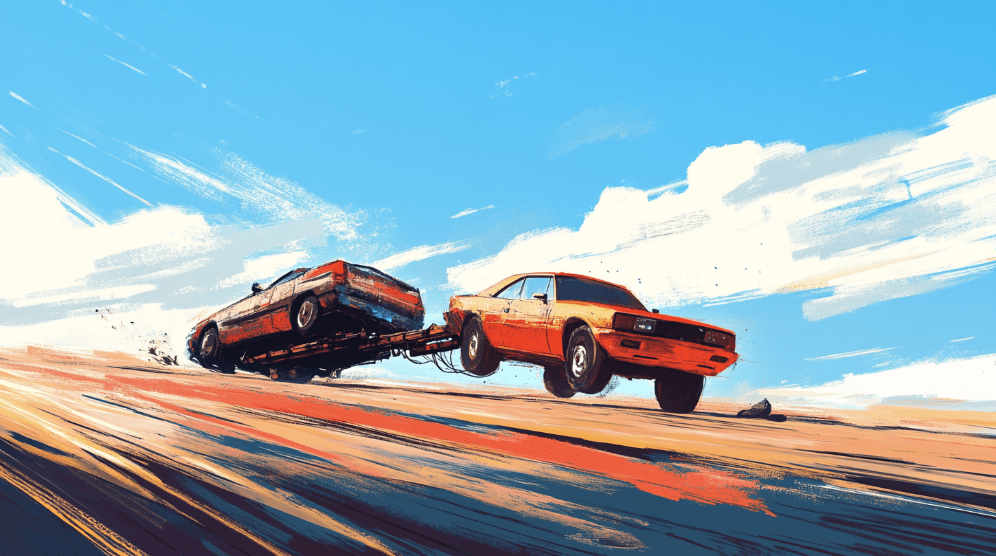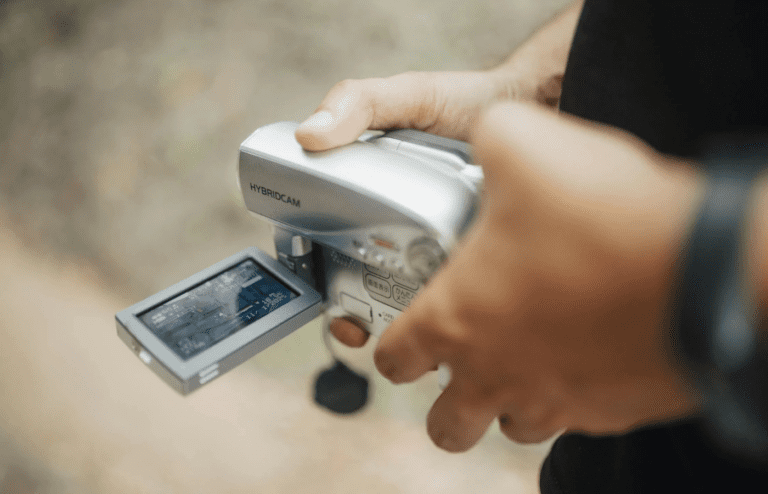To ensure the performance and longevity of your vehicle’s engine, regular maintenance is crucial. Certain bad habits and improper driving techniques can slowly kill your car’s motor. Here are 20 engine-hurting habits to avoid.
20. Revving the Engine When Cold
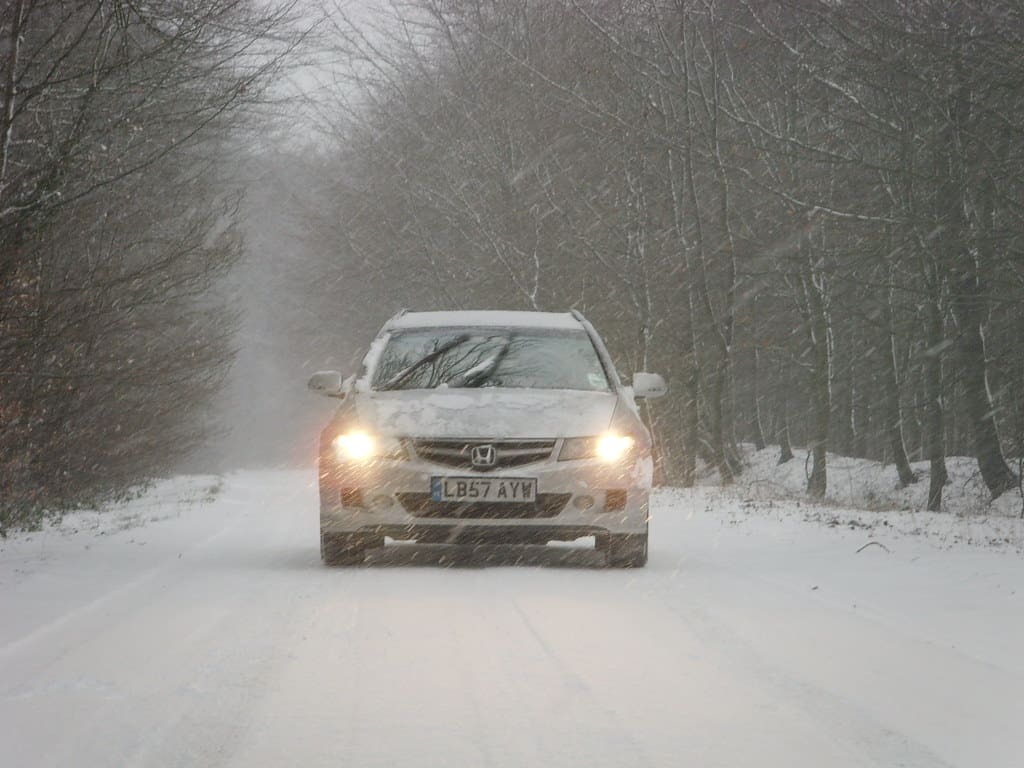
When you first start your vehicle, it takes time for the oil to circulate throughout your engine. When you rev a cold engine, the lack of lubrication can result in middle-to-metal contact. This causes more wear and tear than normal. After starting, let the engine idle for a few minutes. Allow the engine to reach optimal operating temperature before driving.
19. Frequent Short Trips

Avoid cold starts and allow your engine to warm up and fully circulate its oil before driving. Not doing so will increase wear on engine components. Making frequent short trips can also prevent the engine from reaching its optimal operating temperature. One way to avoid this is to combine short trips into a single longer trip.
18. Driving Low on Fuel
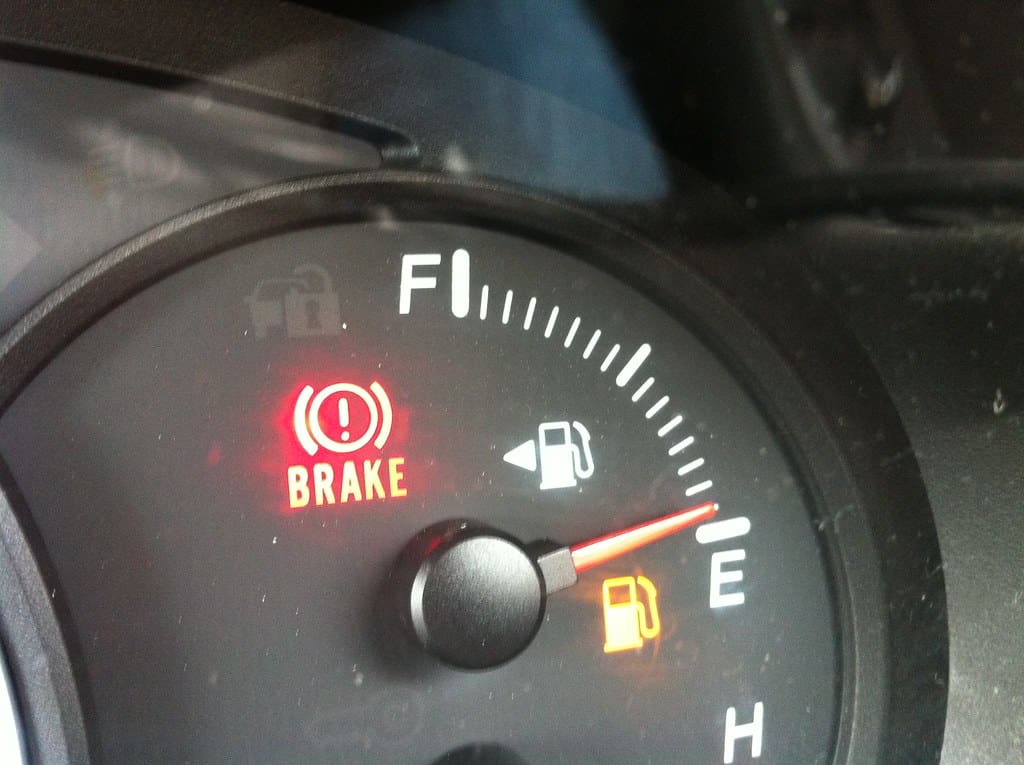
When you consistently drive with your gas tank low or nearly empty, you can damage your fuel pump. A vehicle’s fuel pump relies on gasoline to provide lubrication and cooling. Driving low on fuel can overheat the fuel pump, causing it to fail. Repairs can be costly. Never allow your fuel tank to run below at least a quarter full.
17. Hard Acceleration and Braking
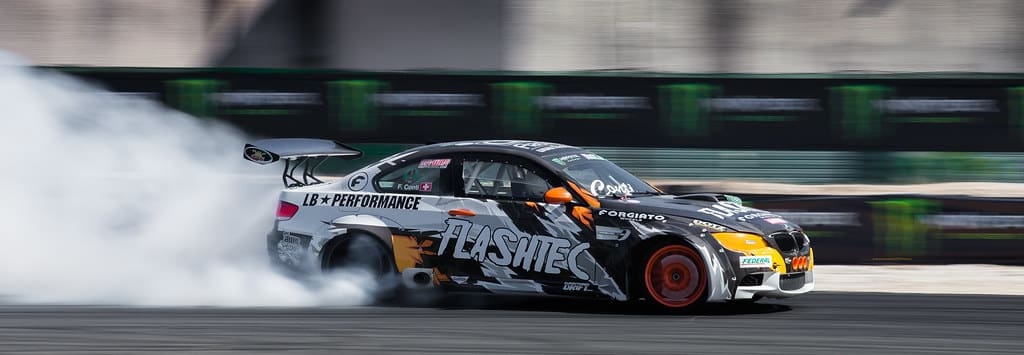
Frequent acceleration puts extra stress on your engine and its drivetrain. The same applies to consistently engaging in hard braking. These driving habits increase wear and tear and also reduce fuel efficiency, and can lead to engine overheating. Instead, smoothly accelerate and brake. This can extend your engine life and improve your fuel economy by 20%.
16. Riding the Clutch

If your vehicle has a manual transmission, the habit of riding the clutch (keeping the clutch partially engaged) while driving will increase wear and tear on its components. This leads to premature failure, as well as places additional strain on the engine. Make sure to fully release the clutch after shifting and only engage it when necessary.
15. Not Letting the Engine Cool Down

This is one of the most overlooked habits, especially after a long drive. Turning off the engine immediately can cause heat soak, whereby residual heat damages components. Rather than turning off your engine immediately when you reach your destination, let the engine idle for a few minutes. This allows the engine to cool down gradually and will prevent damage.
14. Using Cheap Replacement Parts
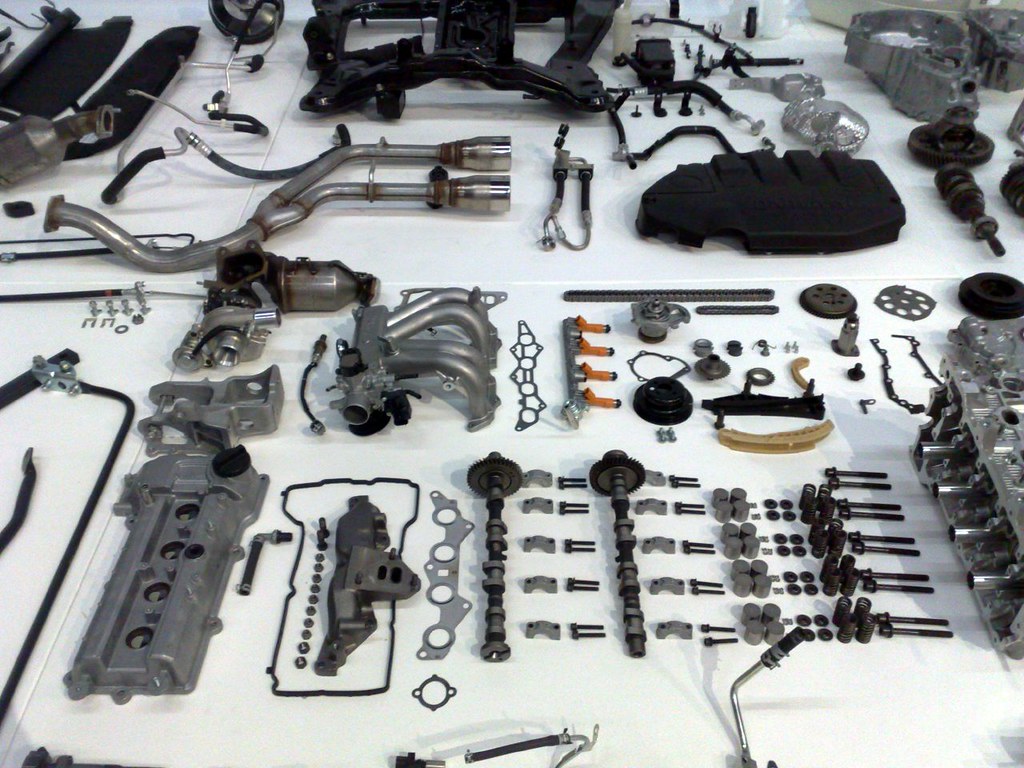
Cheap parts can cost you more in the long run. Non-OEM (Original Equipment Manufacturer) replacement parts can compromise your engine’s performance and reliability. Such parts may not meet the specifications of the manufacturer. Cheap parts can cause premature wear on your engine and potential failure. Always use high-quality OEM parts to ensure the performance and longevity of your engine.
13. Overloading the Vehicle
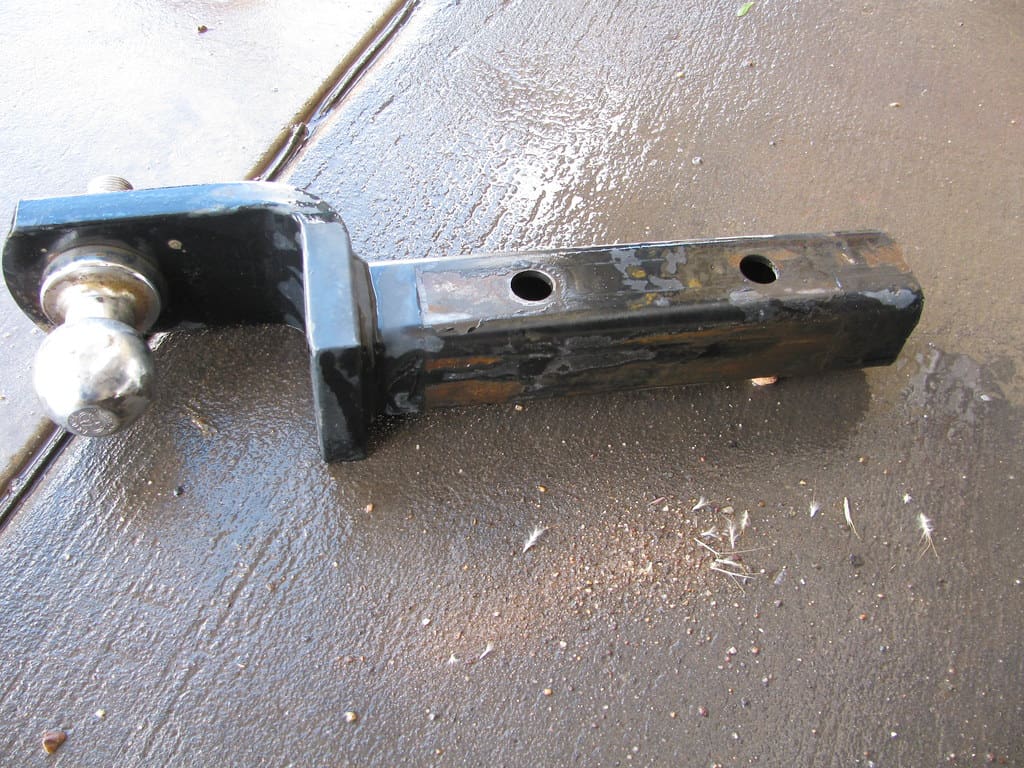
Carrying or towing heavy loads puts additional strain on your vehicle’s engine and transmission. In addition to reduced performance, it can cause premature wear on your engine and lead to overheating. Never exceed your vehicle’s weight and towing capacity. Check your vehicle’s owner’s manual to determine its maximum weight capacity.
12. Ignoring Strange Noises
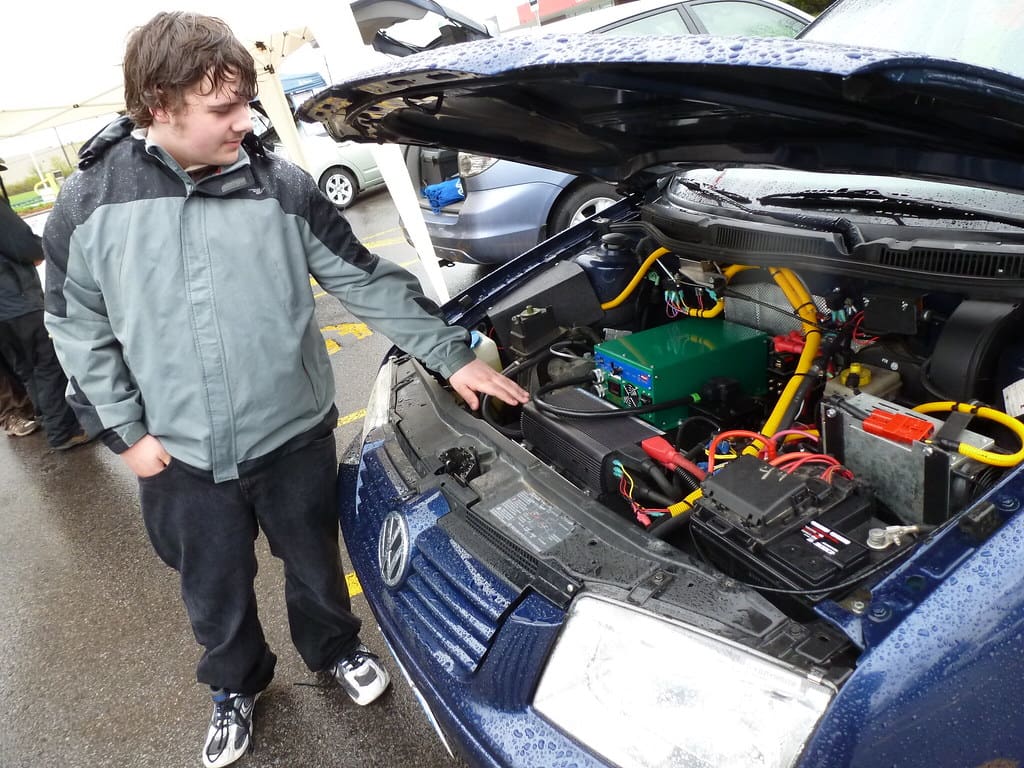
Be alert for unusual noises coming from your engine, such as ticking, clicking, knocking, tapping, or grinding. All of these can indicate engine problems. Ignoring these noises can lead to severe engine damage and costly repairs. Have a mechanic inspect any noises coming from your engine as soon as possible. This will prevent further damage and extend your engine’s life.
11. Ignoring the Check Engine Light
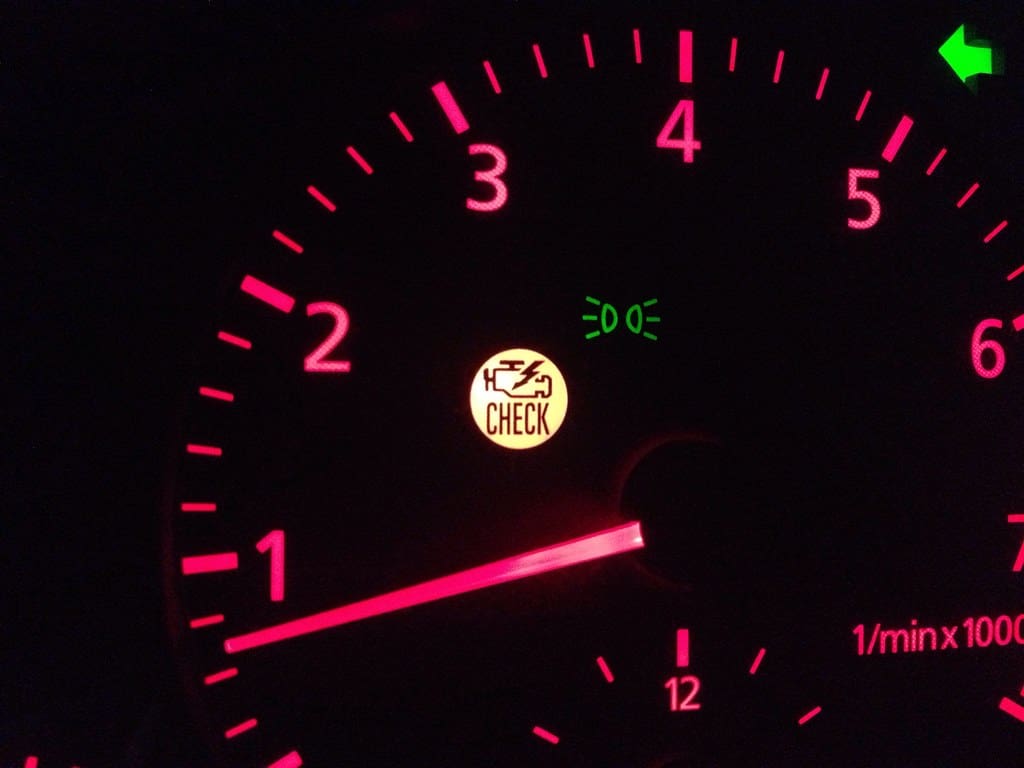
Your check engine light exists to alert you to problems and protect your engine. Ignoring it can lead to severe damage. Addressing problems quickly prevents costly repairs and maintains engine performance. A minor issue, such as a faulty oxygen sensor, can reduce fuel efficiency by up to 40 percent. Some auto parts stores provide a free check engine light diagnosis.
10. Using Low-Quality Fuel
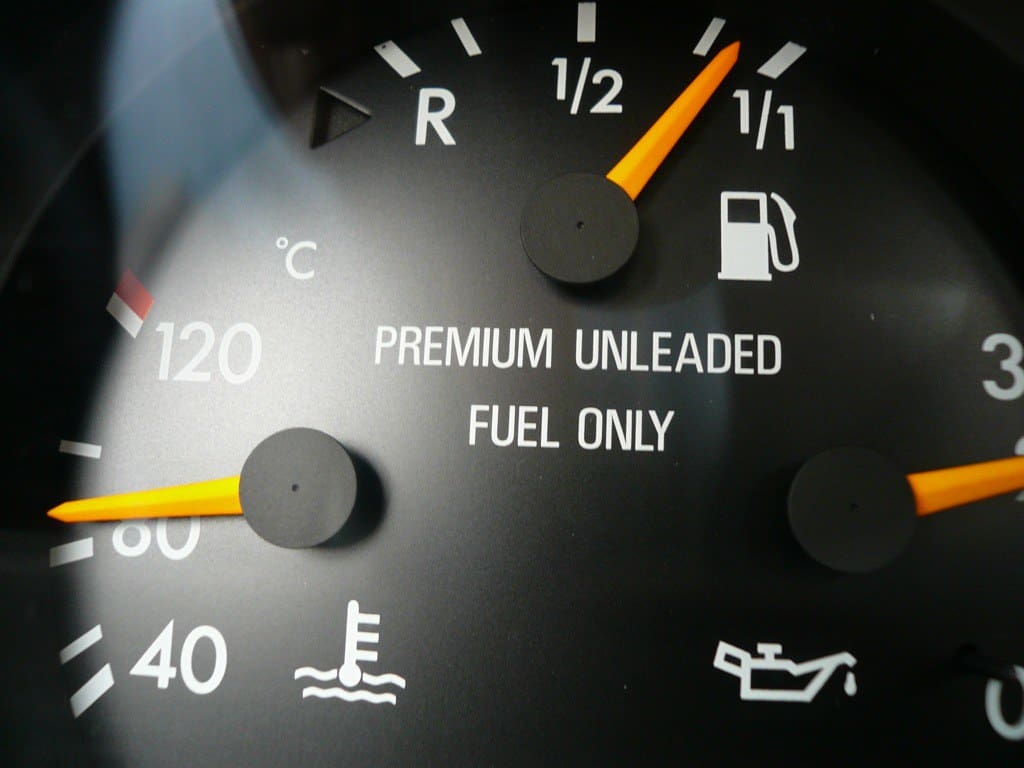
The quality of fuel you put in your tank matters. Low-quality fuel can introduce contaminants that cause engine knocking, as well as deposits inside fuel injectors that reduce efficiency and performance. Always use high-quality fuel sourced from reputable stations. Additionally, use fuel system cleaners regularly to maintain your fuel injectors and ensure optimum performance.
9. Ignoring Coolant Changes
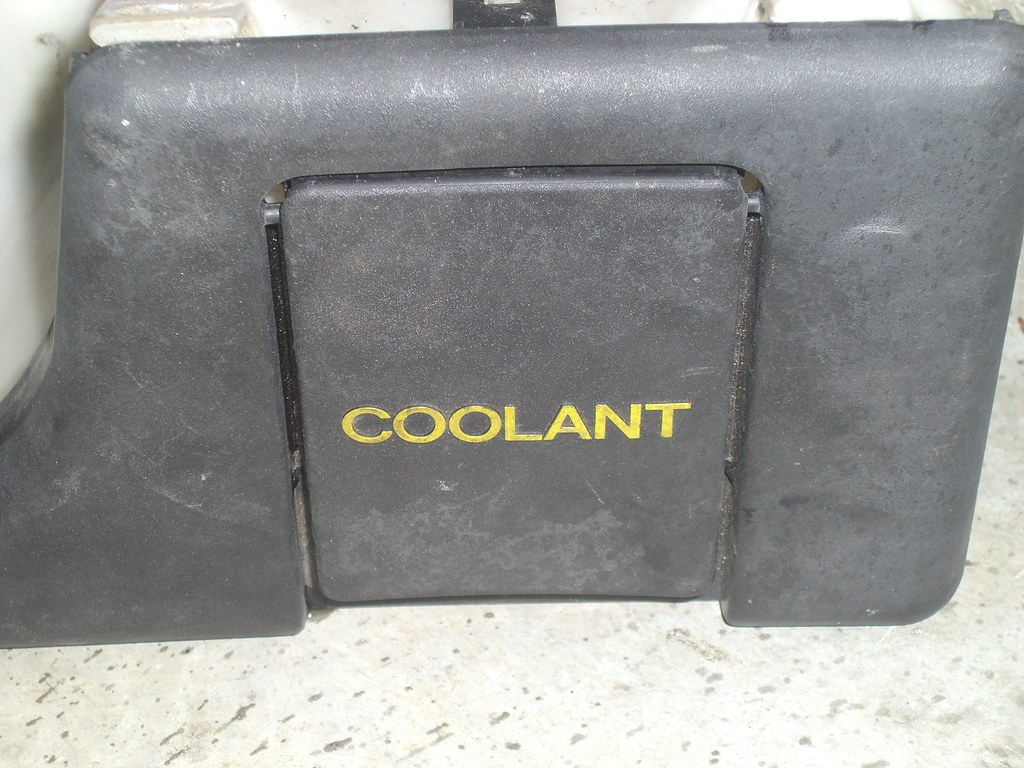
Coolant helps prevent your engine from overheating and freezing. It also protects it from corrosion. However, it degrades over time and loses effectiveness. You should regularly check and replace the coolant. Your coolant should be changed every 30,000 to 50,000 miles, according to the Car Care Council. A good rule of thumb is every 6-10 oil changes.
8. Neglecting Air Filter Replacement
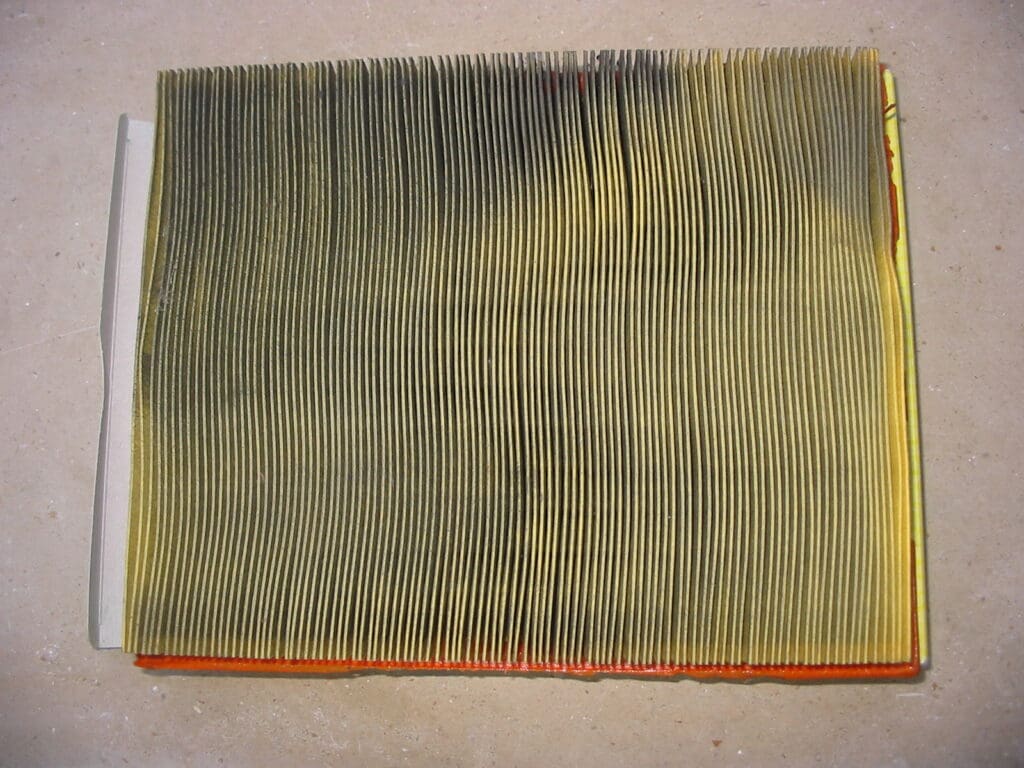
The importance of changing your air filter is often overlooked. It provides vital airflow to the engine while protecting it from harmful debris. A dirty air filter can reduce airflow and diminish engine performance and fuel efficiency. It’s best to follow your vehicle manufacturer’s recommendations. However, as a general rule, replace your air filter every 12,000 to 15,000 miles.
7. Ignoring Oil Leaks
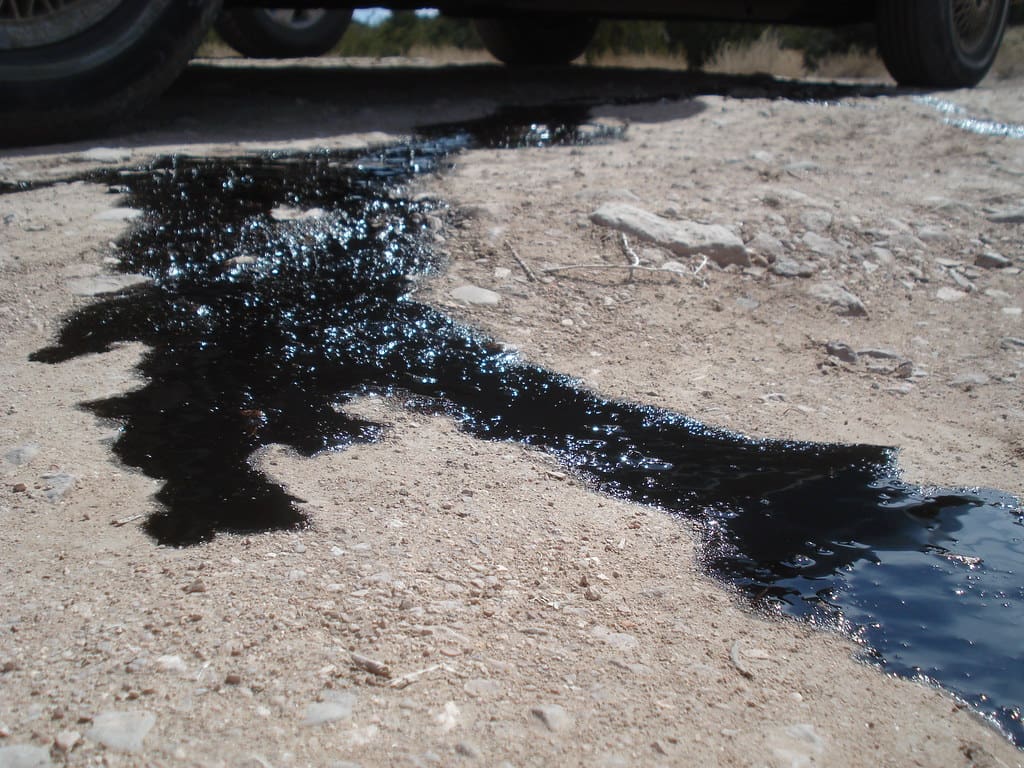
An oil leak means your engine has less of the lubrication it needs, which leads to increased friction and wear on your motor. Over time, this can cause severe engine damage. Inspect underneath your vehicle regularly to ensure it isn’t leaking oil. Addressing oil leaks promptly will prevent damage to your engine and maintain optimal performance.
6. Skipping Regular Oil Changes
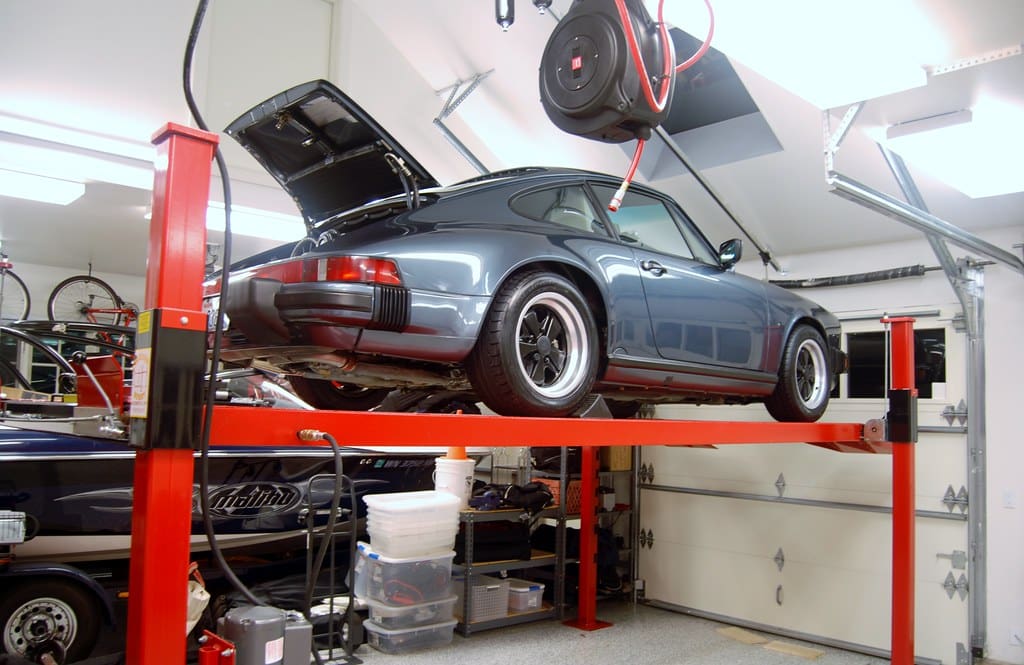
A long-held standard was every 3,000 miles. But it varies based on the type of car and oil. It’s best to follow your manufacturer’s warranty. Most average every 5,000-7,500 miles. Waiting too long to change your oil leads to sludge build-up and parts wearing faster. Neglecting oil changes can reduce engine life by 30 percent, according to AAA.
5. Using the Wrong Oil Type
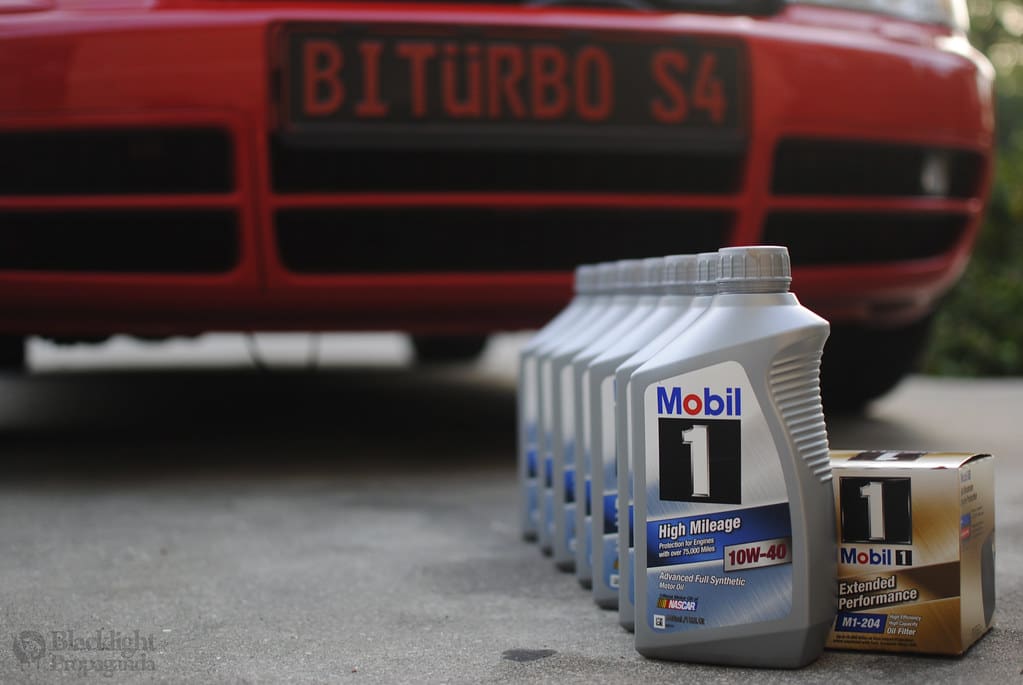
If you use the wrong type of oil in your vehicle, the result can be inadequate lubrication and increased wear on your engine. Each engine type is designed to work with a specific type of oil and viscosity. Always follow your manufacturer’s recommendation for viscosity and oil type to ensure optimal engine performance and longevity.
4. Using the Wrong Octane Fuel
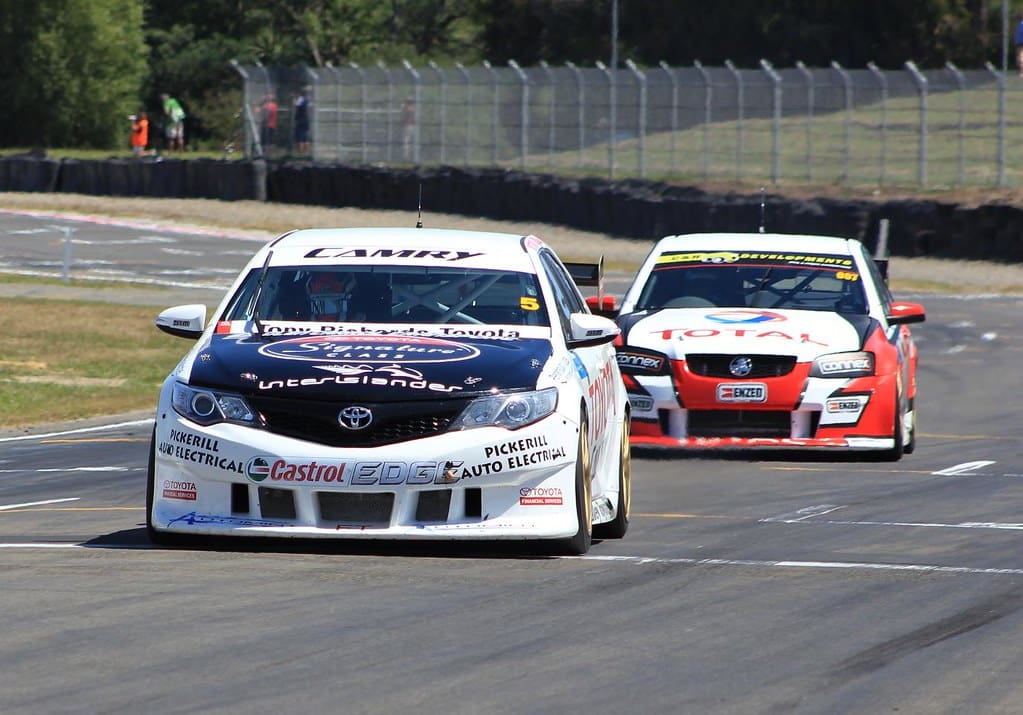
High-performance engines, sports cars, and large, heavy-duty vehicles often require a higher-octane fuel, rather than “regular,” which has an octane rating of 87. Midgrade has an octane rating of 88-90, and premium is 91-94 octane. Using a lower octane fuel can cause knocking and reduce performance, leading to severe engine damage over time. Always follow your manufacturer’s octane recommendations.
3. Neglecting Spark Plug Replacement
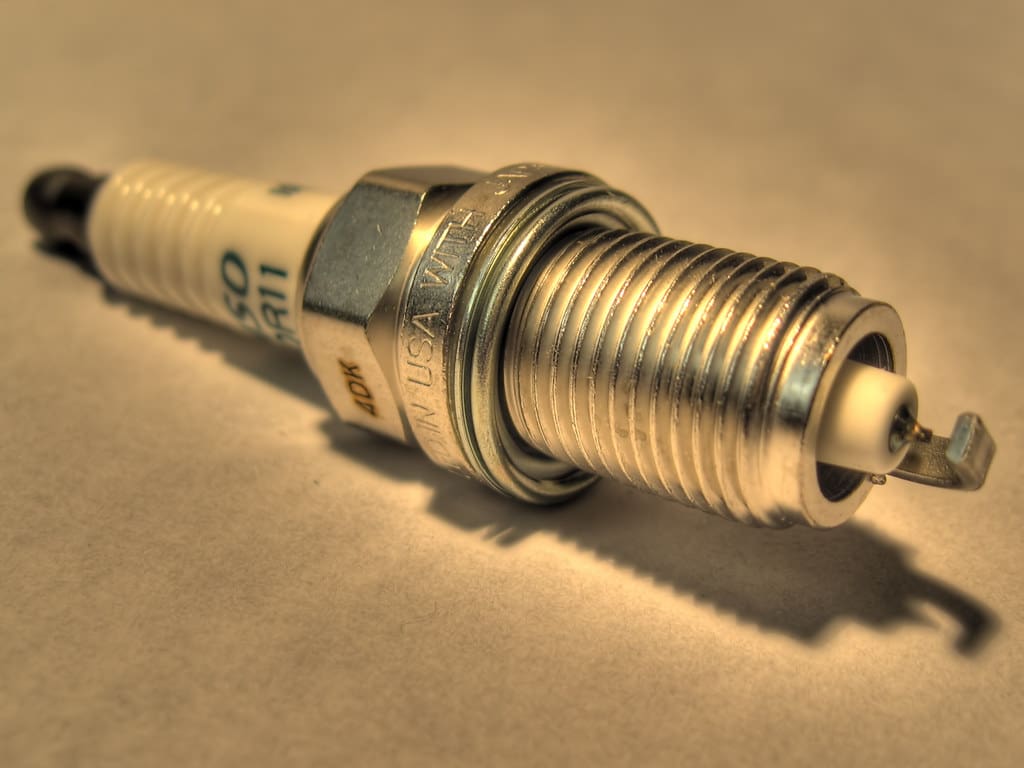
Ignoring replacing spark plugs can lead to engine damage over time. Worn or faulty spark plugs can cause misfires, increased fuel consumption, and reduced performance. Follow your manufacturer’s recommendations, which can be found in your owner’s manual. As a general guideline, spark plugs should be replaced every 30,000 to 100,000 miles.
Read More: 10 Signs You’re Overspending and How to Stop
2. Skipping Scheduled Maintenance
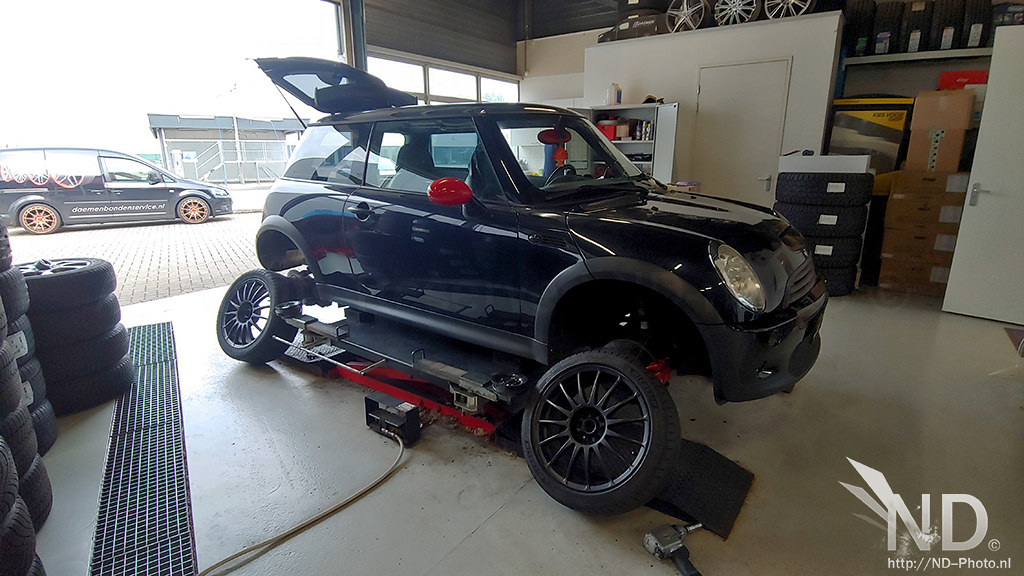
All vehicles come with a manufacturer-recommended maintenance schedule. These are usually found in the owner’s manual. Scheduled maintenance for your engine will include vital services such as oil changes, spark plug replacements, and timing belt checks. Skipping or delaying these services can reduce performance and lead to engine wear and potential breakdowns.
Read More: The 30 Most Anticipated Vehicles of 2025
1. Ignoring Timing Belt Replacement
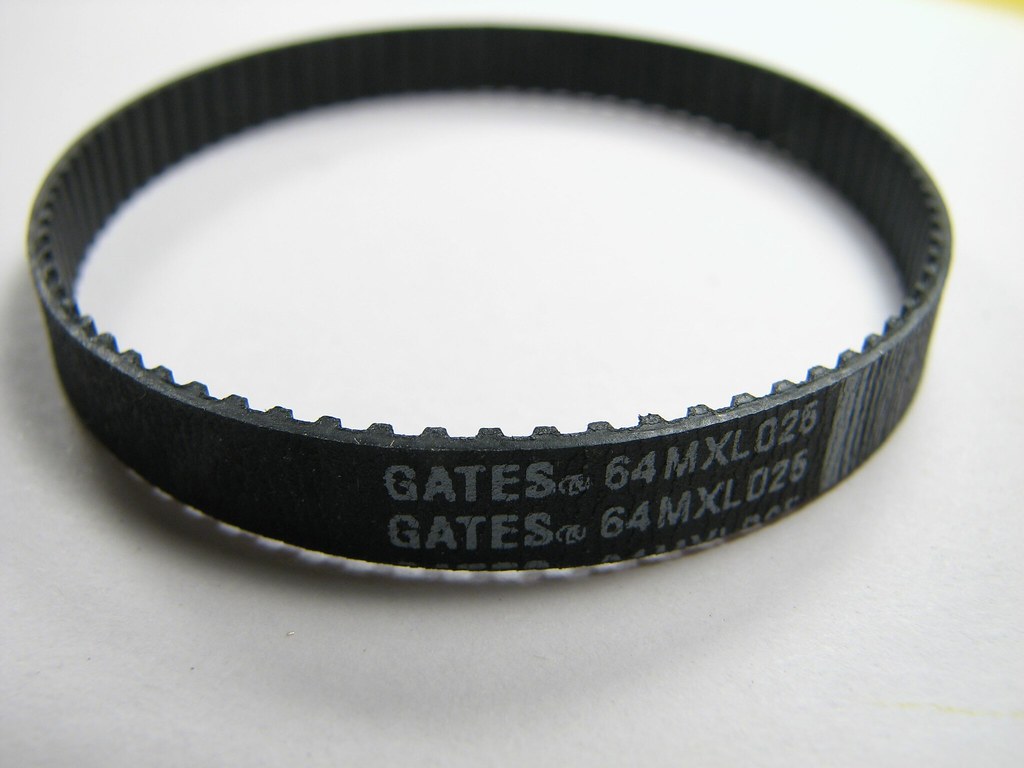
A timing belt synchronizes the engine’s crankshaft and camshaft. It’s vital to know your manufacturer’s recommendation for timing belt replacement, which can be found in your owner’s manual. Generally speaking, a timing belt should be replaced every 60,000 to 100,000 miles, according to the Car Care Council. Ignoring timing belt inspection and replacement can cause catastrophic engine failure.
Read More: Performance Car Mods That Are (and Aren’t) Worth It

